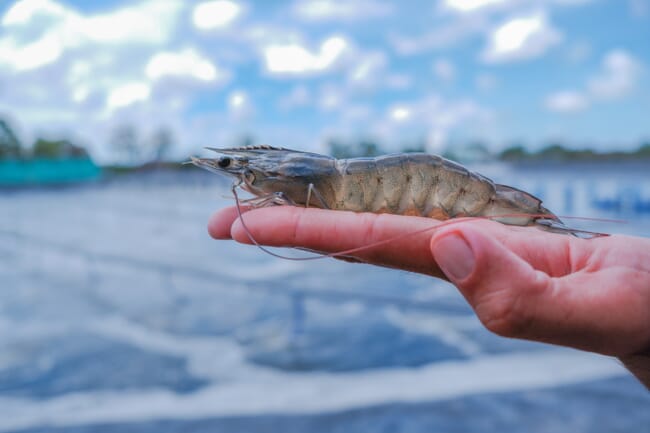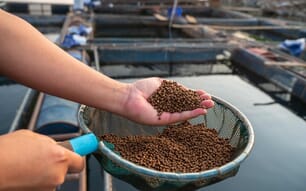
© Shutterstock
Despite being one of the world’s most significant producers of farmed shrimp, the shrimp sector in Vietnam is not without issues. One of the most pressing of these problems has been recently brought to light by an independent study, which highlighted the role of Western supermarkets in giving farmers unfair prices for their produce, directly impacting the prevalence of unpaid labour, exploitation, and human rights violations within the industry.
The report, which was conducted by independent researchers in Vietnam, found that workers in the Vietnamese shrimp industry are vulnerable to widespread labour exploitation and low pay whilst, simultaneously, the supermarket chains buying their produce for retail are making significant profit margins.
Specifically, the researchers found that a small number of large, consolidated firms exercise a large influence on prices in the shrimp supply chain, driving prices down and changing sourcing often to find shrimp at the lowest price. These firms hire intermediaries to buy shrimp at lower prices, using their leverage to gain large volumes of shrimp for very low prices resulting in poor earnings for producers and exploitative conditions for workers. This use of middlemen by larger retailers also results in worse product traceability, according to the report.
The report goes on to criticise the lack of responsibility shown by the Western retailers, which often make bold claims of ethical sourcing and certification.
The researchers detail essential recommendations for retailers and policymakers which include the need for retailers to meet both Vietnamese and international labour standards by paying prices for shrimp that reflect the true cost of production and for governments to ensure that domestic corporations are not profiting from unpaid labour in their supply chains through their procurement practices.




